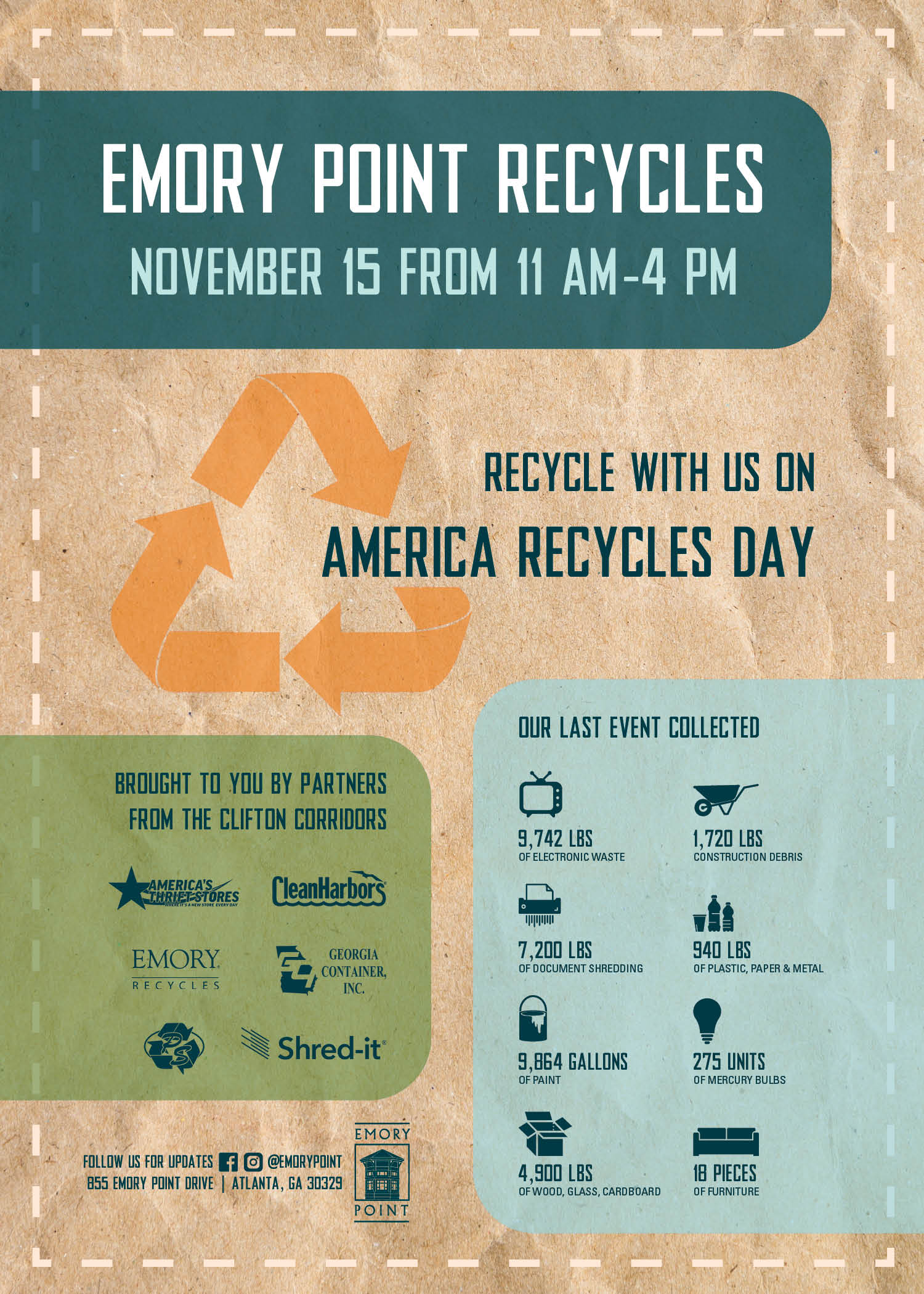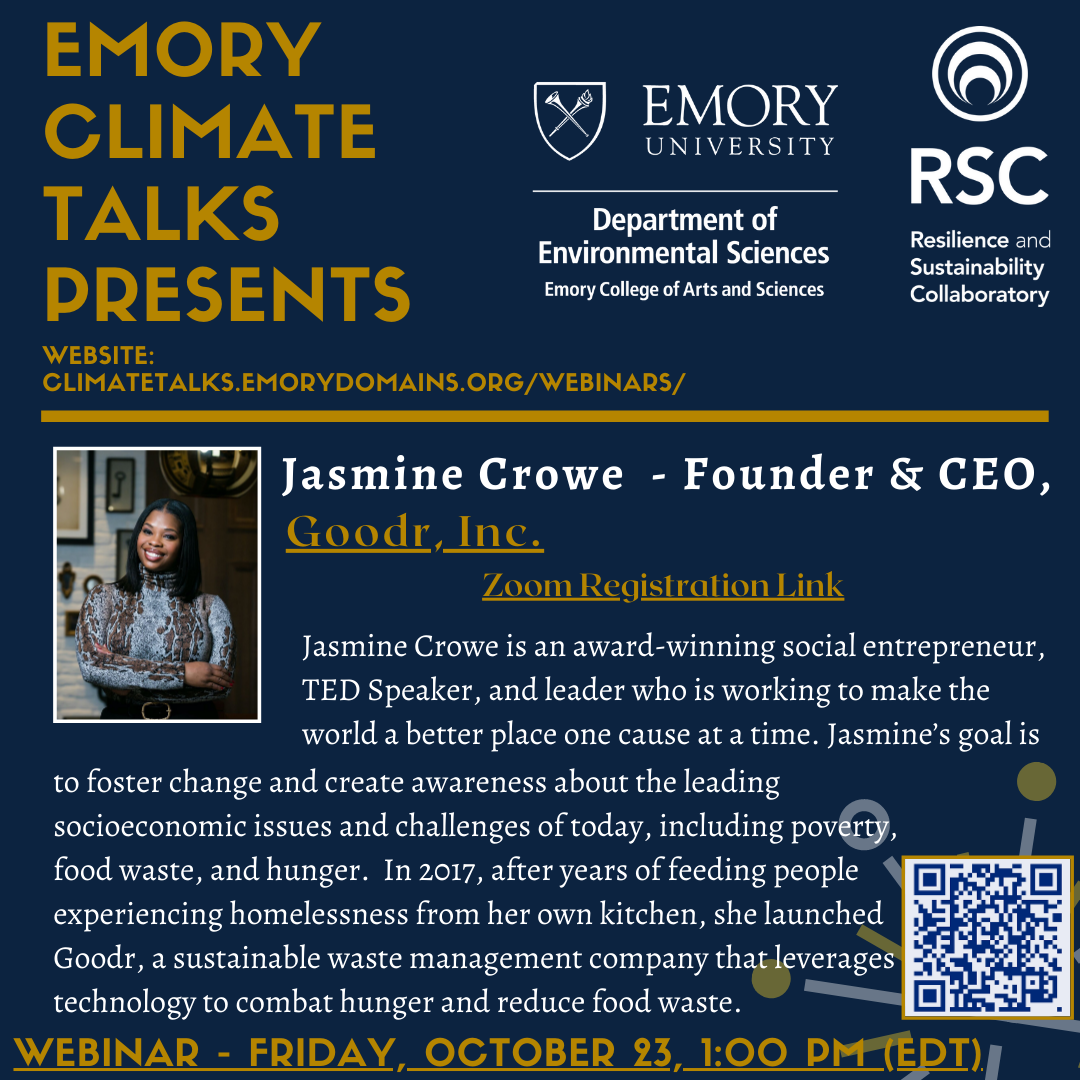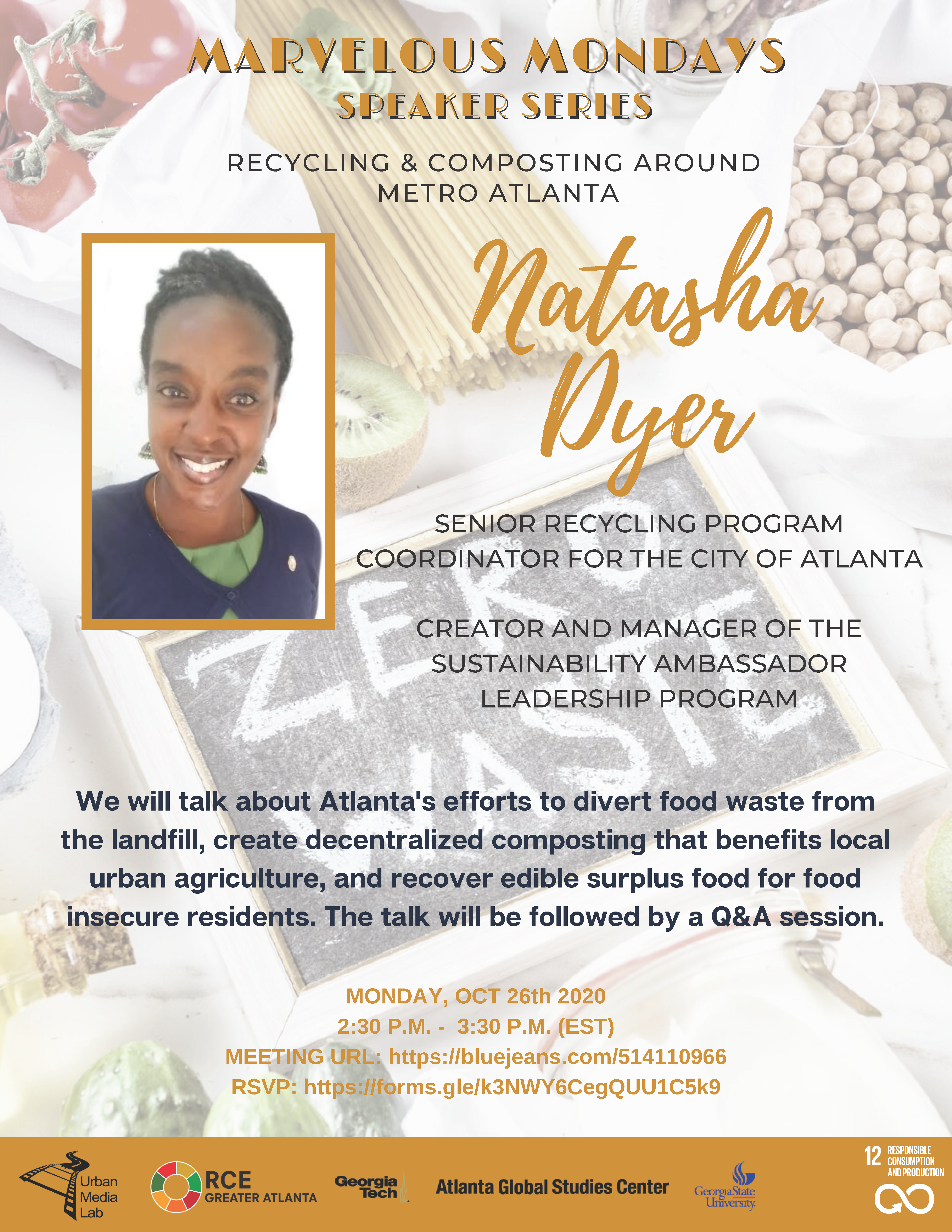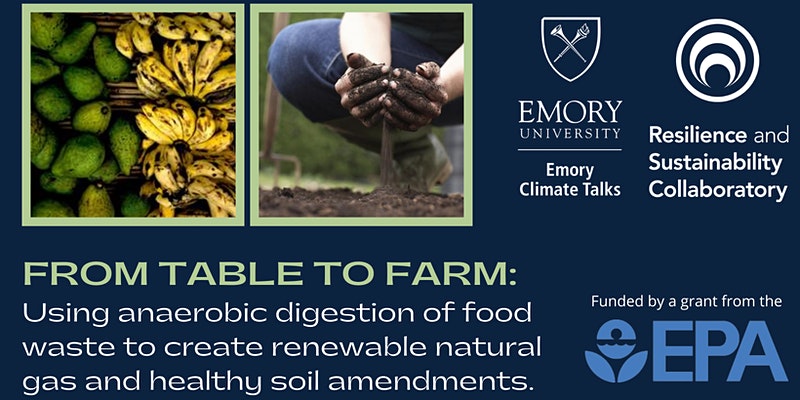Weigh the Waste Campaign
Dobbs Common TableWhere: Dobbs Common Table (in the Emory Student Center) What: One week of weighing all the waste produced during lunch time at the DCT! Why: There are many reasons for us to be more aware of how much food we throw away: When food is thrown away, all the energy it took to produce, transport, … Continue Reading →








